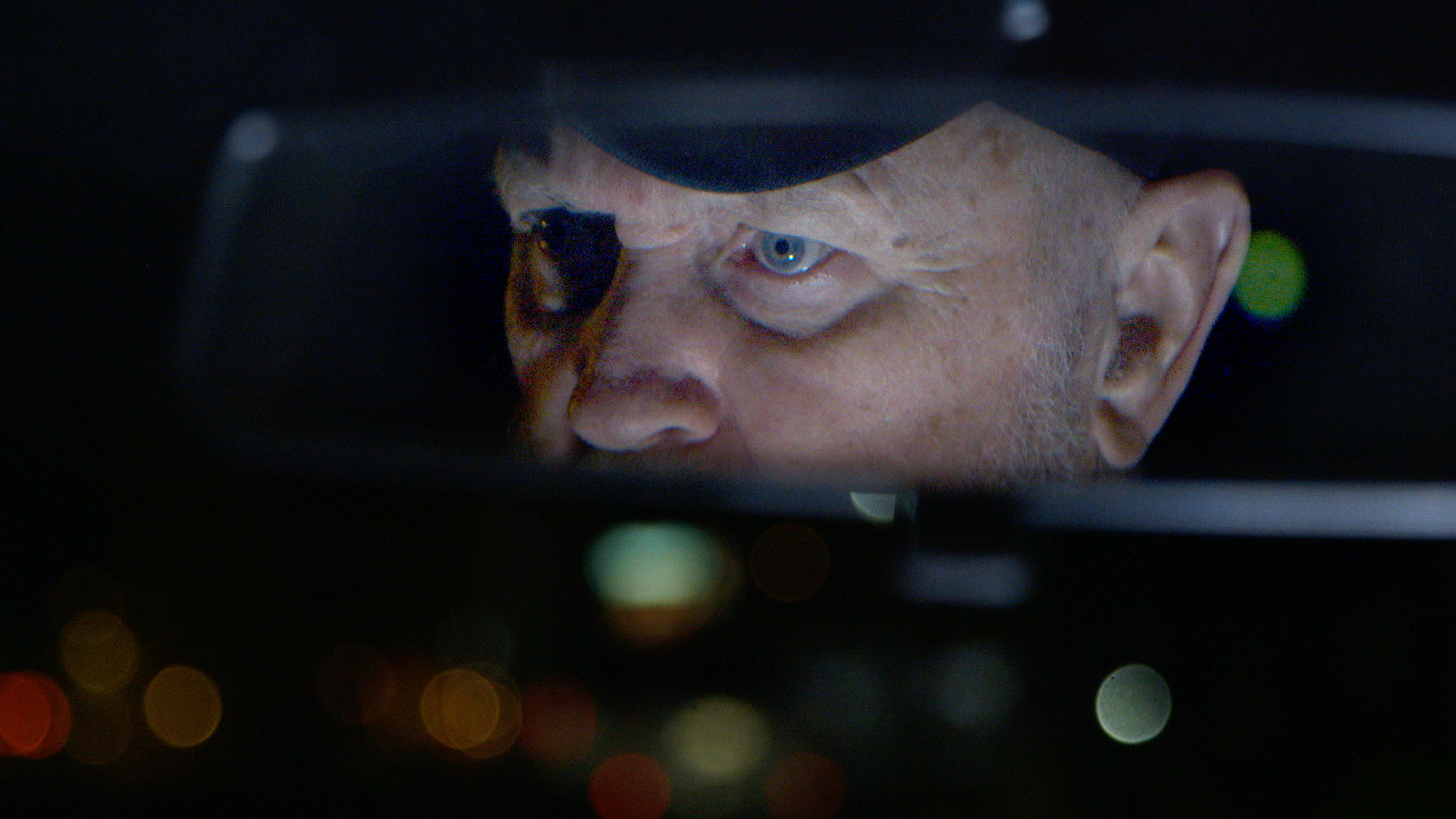There are few things in this world people have less compassion for than those whose names appear on the National Sex Offender Public Registry (NSOPR). It seems many blindly believe this list reveals the monsters who live among us, which serves the better good, but very few actually understand how the list works and what it does to those who appear on it. Untouchable, a new documentary from David Feige, takes a closer look at the registry, its purpose, and the many implications its continued existence has for those on it, as well as their families.
Untouchable is not a movie trying to downplay the seriousness of sex crimes. If anything, the film aims to recognize the many shades of sex crimes and seeks a better system for dealing with offenders at all levels. As it stands now, the National Sex Offender Public Registry includes everything from convicted pedophiles and rapists, to people who were caught urinating in public after having a few too many drinks. There are no markers or symbols to separate the various crimes committed, so everyone is lumped together and branded ‘sex offenders’ regardless of if such description actually fits the crime. Feige and the numerous talking heads he’s gathered, which cover offenders and lawmakers, argue that because of this mass generalization treatment and rehabilitation is practically non-existent despite the fact the recidivism rate for sex crimes is incredibly low.
At the center of this story is Florida lobbyist Ron Book and his daughter Lauren, who was molested and tortured by an immigrant housekeeper. It was Book’s response to learning of these horrifying events that set the laws that now dictate the treatment of sex offenders in place, and it’s not hard to understand why. Book, like any parent, wishes to protect their children. When confronted with the reality he had failed to do so, Book reacted as any parent would by taking drastic action to ensure such events never transpired again. His actions did not stop sex crimes outright, but he did forever alter the way the public treats and views those convicted of a sexual crime.
Untouchable highlights the stories of several convicted sex offenders, all from ages and backgrounds. Each crime is different, with some being far darker than others, but the events that happened in the wake of their convictions are largely the same. The lifelong pedophile is treated the same as someone who never touched another person or viewed illegal materials. As a result, no one who carries the title of ‘sex offender’ on their record is ever able to move forward in life. Those on the NSOPR are virtually unable to find meaningful employment, nor are the able to live where they desire. In fact, many lose homes that may have been in their family for generations because of laws restricting where sex offenders can live. As a result, many on the list are homeless and unemployed, living in groups huddled under bridges or in empty parking lots. Their lives are essentially destroyed forever, yet they are forced to keep on living.
Perhaps the biggest takeaway from Untouchable is that no other type of criminal is treated with same prolonged disdain as sex offenders. Even convicted murderers, for the most part, have an opportunity at parole and a life that extends beyond the shadow of their past. Our nation has found a way to forgive countless crimes and rehabilitate those who perpetrated them, but if you’re convicted of a sex crime the same is not try. Those on NSOPR are written off for life and, as it stands right now, there is no way around that.
Untouchable stops short of detailing the possible paths to improving our current system. A few ideas are mentioned, some better than others, but ultimately Untouchable is a movie that aims to make us more aware of how our current system dehumanizes people. Feige does such a good job outlining the issue and its many intricacies, but he doesn’t come across as a man hoping to carry the torch for change. Instead, he gives us the information we need to know, including many hard truths about how we treat other human beings, and leaves us to consider whether or not we are okay with our own behavior. Untouchable isn’t afraid to make us uncomfortable, and because of that I have a feeling it will be a movie we talk about for many years to come. My only hope is that our response does not end at conversation alone. Change is needed, and it is going to require people to be compassionate in a way that initially may go against our instincts, but at the end of the day even the worst people are just people and we cannot lose sight of that.
Everyone needs to see this film.
Editors note: Untouchable will appear at the Minneapolis St. Paul International Film Festival on April 25, 2017.













